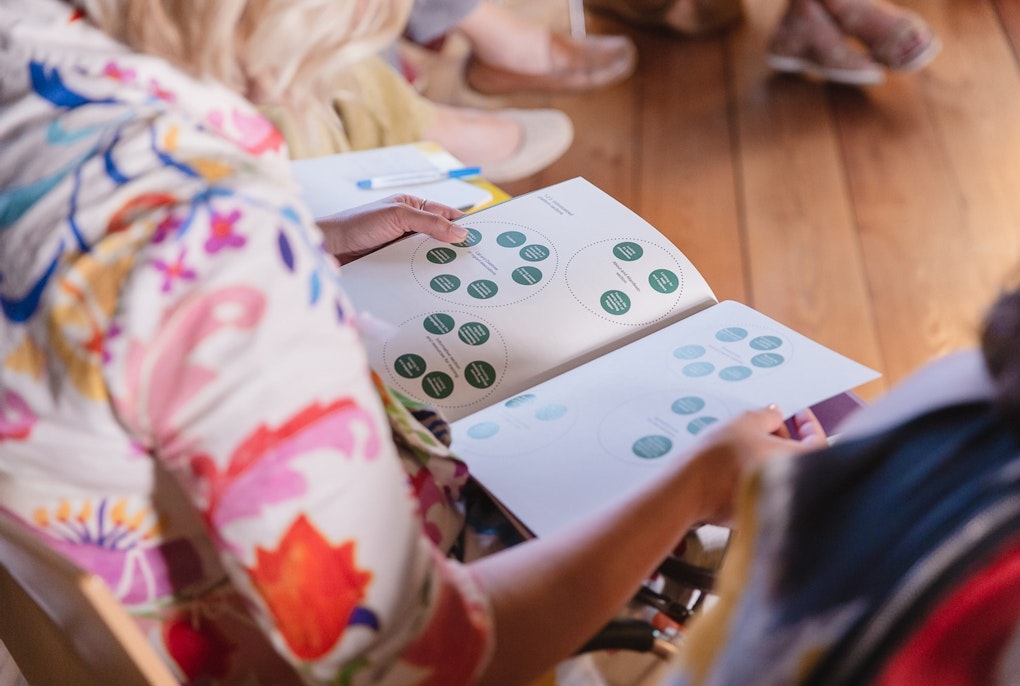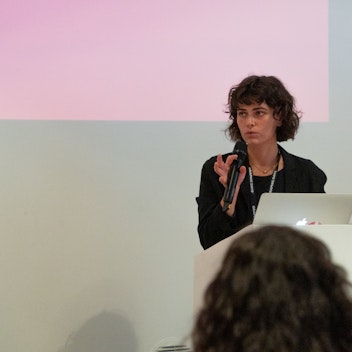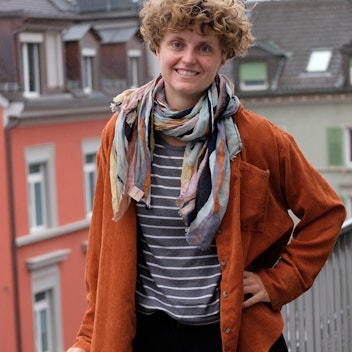
Giorgia Meloni – Retterin in der Not?
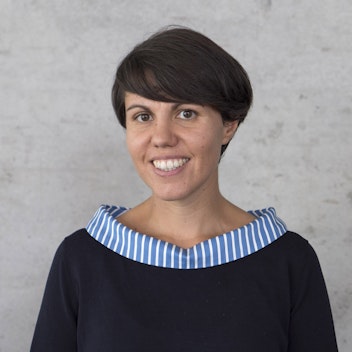 Verena Wisthaler
Verena Wisthaler
Which claims do migrants as “new” minorities hold, and how do they compare to those held by “old” national minorities? The most obvious approach to answer this question would be to just go and ask them for their opinions, but surprisingly, this has rarely been taken up in scientific studies, which are often conducted about migrants, but not with them. We aimed to address this shortcoming through a quantitative survey and qualitative expert interviews with migrants in Euregio, a a cross-border region consisting South Tyrol, Tyrol and Trentino.
While there’s a wealth of data available studying the impact of migration on modern societies, as well as the attitudes of European citizens towards migrants (investigated, among others, by the European Social Survey) the perceptions and desires of migrants themselves remain under researched. This is the case even for large-scale representative surveys conducted by national statistics offices, where the infamous three asterisks that mark missing or incomplete data appear particularly often when migrants are the respondents. Target group access is thus difficult, and respondence rates are lower than in other populations, an expectation that also held true for our research, rendered increasingly difficult by the outbreak of the Covid-19 pandemic, and relying solely on digital technology for interaction.
Our primary interlocutors were young people, many of whom were second-generation migrant youths or those who had lived in their current home region for most of their lives. Most interviewees were multilingual, the majority of whom could speak 3-4 languages. These participants- who largely feel at home in their hometowns and home regions, frequently interact with people who have other ethnic backgrounds than their own. Not surprisingly for a primarily rural area, nature was cited most frequently among the things that make migrants feel at home in the Euregio, followed by cafés, bars, pubs and restaurants – spaces for social interaction. Our participants would like to see more cultural events organized by migrant groups (concerts and music festivals were the most frequently mentioned type), and many added culinary gatherings as a possibility to meet and explore different cultures. Most interviewees keep themselves informed on local politics and characterize political participation and voting rights for long-term residents as important issues.
How do migrants see themselves and their role in society? Data gathered through in-depth interviews reveals quite a lot on the subject. Speaking the language of their or their family’s country of origin was an important topic: “I’m a mixture, a hybrid, and to be a hybrid I need to have parts from here and from there. I have Italian culture, Italian history, Italian living experience, but I have an Arab background. And that’s fundamental, because if you take that language from me, you also take part of my identity”. Language was mentioned among the prime generators of identification, and one that is shared by migrants from different groups and cultural backgrounds. It also makes its way into heterogeneous groups of young people with and without migratory backgrounds, who then use words from each other’s languages in their daily register. The importance of safeguarding linguistic diversity is one of the main claims shared by migrants and national minorities; however, our interviewees also underlined that an excellent command of the local official language(s) is key for personal success and societal inclusion. One interviewee also highlighted the need to connect language skills, acceptance by the host community and civic education: “I think that a person who comes to live in a different country must learn at least let’s not say perfectly, but at least, the basics of the language. Hello, good day, greet people, these things are important, so the locals accept you. This way, even if you are not integrated or included or these things, you will be at least accepted. And once you are accepted, you have to learn the language, and for that, since the beginning, I’ve been saying a course on civic education would be great”. While maintaining linguistic heritage was important, this does not necessarily correlate with identification with the country of their family’s origin:
“I’m a mixture, a hybrid, and to be a hybrid I need to have parts from here and from there. I have Italian culture, Italian history, Italian living experience, but I have an Arab background. And that’s fundamental, because if you take that language from me, you also take part of my identity”.
While maintaining linguistic heritage was important, this does not necessarily correlate with identification with the country of their family’s origin: “[My daughters] are really not interested in what happens in Romania, or in the Romanian community. They are not members of our association, even though they are both adults now. They have never been interested in getting a Romanian passport or having dual citizenship. They visit Romania only because their grandparents live there, they visit their grandparents and that’s it”. Speaking about the differences between “old” and “new” minorities, group-based identification seems to be less frequent among our interviewees. Almost all representatives of migrant organizations interviewed mentioned that they had difficulties in recruiting young people, and that young migrants’ primary interest is participating in and playing a part in shaping the regional Italian or Austrian society. While they might play in the local migrant organizations’ football team, their minority background does not appear to be their primary frame of identification. Similar developments can be detected in some “old” minority communities as well, but it would be very interesting to analyse this in further detail through a comparative lens. Regarding social inclusion, young migrants who strongly identify with their home region represent an asset and could function both as positive role models for their respective communities as well as being mediators and bridge-builders between “old” and “new” inhabitants of a region or province.

This content is licensed under a Creative Commons Attribution 4.0 International license.

 Verena Wisthaler
Verena Wisthaler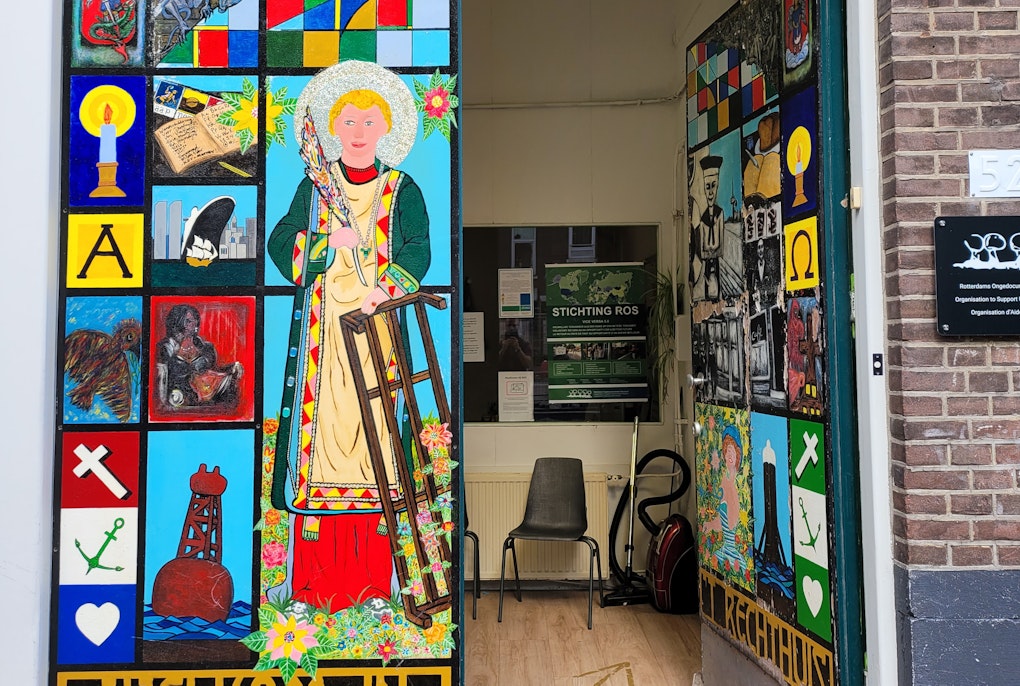
 Giorgia Zogu
Giorgia Zogu